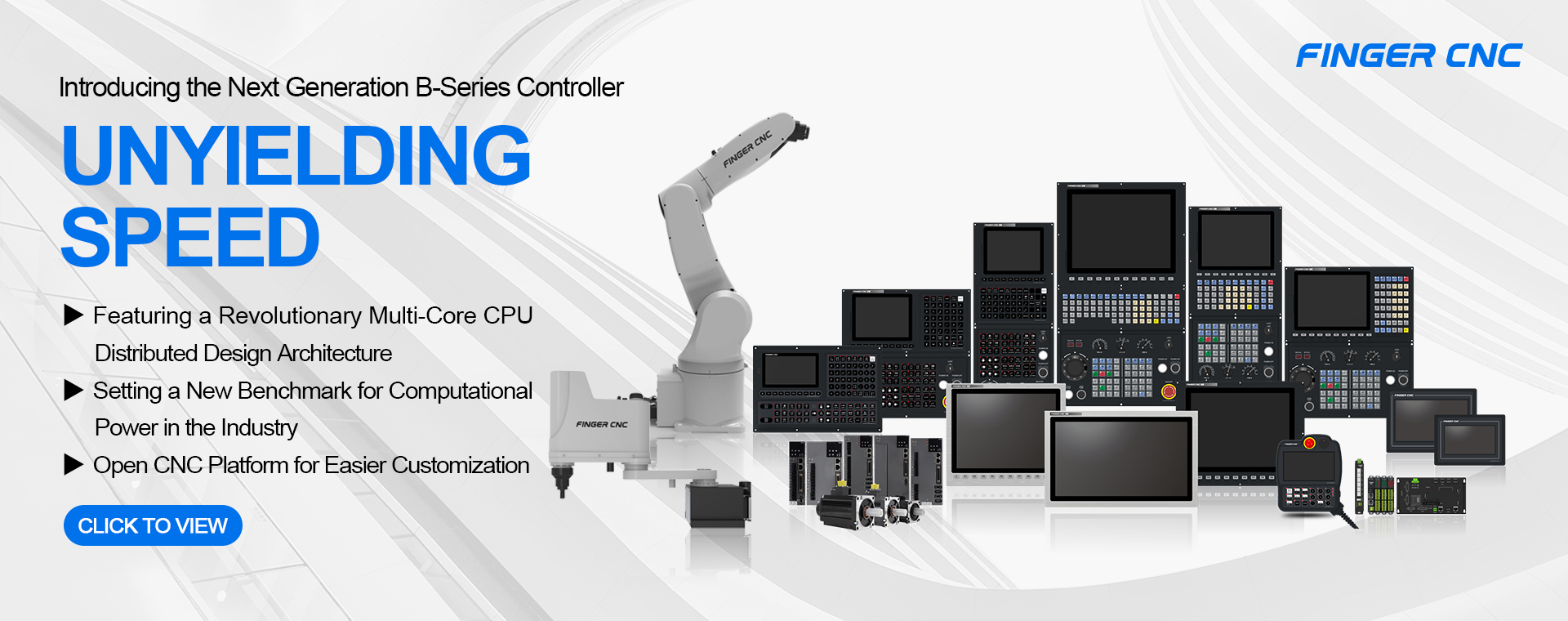
As a core component of high-tech manufacturing, the semiconductor industry has become a crucial factor in the comprehensive national strength competition among countries worldwide. With the rapid development of China's semiconductor industry, it has gradually occupied a significant position in the global semiconductor supply chain. However, it is now facing limitations imposed by developed countries, primarily led by the United States. It is widely known that the semiconductor market is currently dominated by the United States, holding a 50% global market share. Despite the continuous robust growth of the domestic semiconductor industry in China, it still lags behind in the high-end chip manufacturing sector. Moreover, the domestic semiconductor industry heavily relies on external markets, making the situation more challenging, especially with technological limitations, exacerbating the predicament of being "choked" by the United States.

Finger's all-new B-series controllers adopt a revolutionary modular distributed functional design, extensively employing domestically produced and self-developed technologies. This approach significantly alleviates the bottleneck caused by core chips, particularly for critical chip components such as ADC, DAC, negative power supplies, and DC-DC chips. Yida has fully realized three pathways: importing chips, using domestically manufactured chips, and in-house design, substantially reducing product and customer risks, ensuring continuous innovation in product development, and providing reliable supply.
Despite achieving a domestication rate of over 90%, the B-series controllers still deliver an exceptionally high computational capacity with multi-core CPUs and a multi-tasking distributed architecture. This considerable increase in computational power enhances the controller's high concurrency capability while reducing the actual CPU load, resulting in more reliable and stable hardware and software designs.
The B-series controllers were officially launched in October 2022 and have received significant recognition and approval in the market, especially in multi-axis and multi-channel combination machine tool applications. Through advanced computational power, openness, and customization, these controllers create tangible market value in addressing customers' needs for factory automation, unmanned operations, and production line setups.